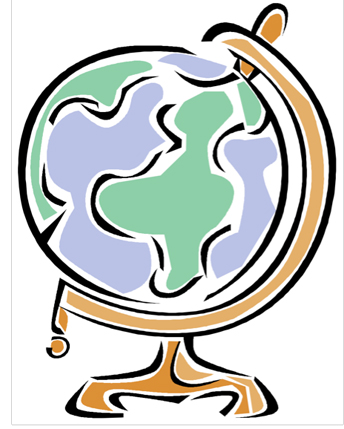The World Economic Forum (WEF) warns of a global risks landscape in which progress in human development is being chipped away slowly, leaving states and people vulnerable to new and resurgent risks. Against a backdrop of systemic shifts in global power dynamics, climate, technology and demographics, global risks are stretching the world’s adaptative capacity to its limit, the body’s Global Risks Report 2024 warns.
The report was released today ahead of the WEF annual meeting at Davos in Switzerland next week. The report argues that cooperation on urgent global issues could be in increasingly short supply, requiring new approaches to addressing risks. Two-thirds of global experts anticipate a multi-polar or fragmented order to take shape over the next decade, in which middle and great powers contest and set – but also enforce – new rules and norms.
The report, produced with Zurich Insurance Group and Marsh McLennan, draws on the views of 1,400 global risks experts, policy-makers and industry leaders surveyed in September 2023. Results highlight a mainly negative outlook for the world in the short term that is expected to worsen over the long term. While 30pc of global experts expect an elevated chance of global catastrophes in the next two years, nearly two thirds expect this in the next ten years.
A ‘cyber equity gap’ will have a more pronounced social impact in 2024 due to a convergence between cybercrime and violent crime in some regions. For example, in August 2023, the United Nations reported that at least 220,000 people had been trafficked in Southeast Asia and been forced to work running online scams. More on this link.
Saadia Zahidi, Managing Director, World Economic Forum, said: “An unstable global order characterized by polarizing narratives and insecurity, the worsening impacts of extreme weather and economic uncertainty are causing accelerating risks – including misinformation and disinformation – to propagate. World leaders must come together to address short-term crises as well as lay the groundwork for a more resilient, sustainable, inclusive future.”
Concerns over a persistent cost-of-living crisis and the intertwined risks of AI-driven misinformation and disinformation, and societal polarisation dominated the risks outlook for 2024. What the report terms the nexus between falsified information and societal unrest will take centre stage amid elections in several major economies that are set to take place in the next two years; such as the UK, and US. Interstate armed conflict is a top five concern over the next two years. With several live conflicts under way, underlying geopolitical tensions and corroding societal resilience risk are creating conflict contagion.
Carolina Klint, Chief Commercial Officer, Europe, Marsh McLennan, said: “Artificial intelligence breakthroughs will radically disrupt the risk outlook for organizations with many struggling to react to threats arising from misinformation, disintermediation and strategic miscalculation. At the same time, companies are having to negotiate supply chains made more complex by geopolitics and climate change and cyber threats from a growing number of malicious actors. It will take a relentless focus to build resilience at organizational, country and international levels – and greater cooperation between the public and private sectors – to navigate this rapidly evolving risk landscape.”
And John Scott, Head of Sustainability Risk, Zurich Insurance Group, said: “The world is undergoing significant structural transformations with AI, climate change, geopolitical shifts and demographic transitions. Ninety-one per cent of risk experts surveyed express pessimism over the ten-year horizon. Known risks are intensifying and new risks are emerging – but they also provide opportunities. Collective and coordinated cross-border actions play their part, but localized strategies are critical for reducing the impact of global risks. The individual actions of citizens, countries and companies can move the needle on global risk reduction, contributing to a brighter, safer world.”
Visit https://www.weforum.org/agenda/2024/01/global-risks-report-2024/.
Comment
Wasim Khaled, co-founder and CEO of narrative risk intelligence platform Blackbird.AI said: “What is most impactful about this report is the fact that other outside entities (larger, more impactful) see the problem of mis/disinfo just like Blackbird does. It’s gone from hyperbole to the largest short-term global risk, it just took five to six years to get there. This study highlights where mis/disinformation had started and has been for some time. Now, there are dozens of other use cases involving the spread and impact of mis/disinformation. The broad spectrum impact of the risk of mis/disinfo being recognized at such a grand scale is amazing.”










